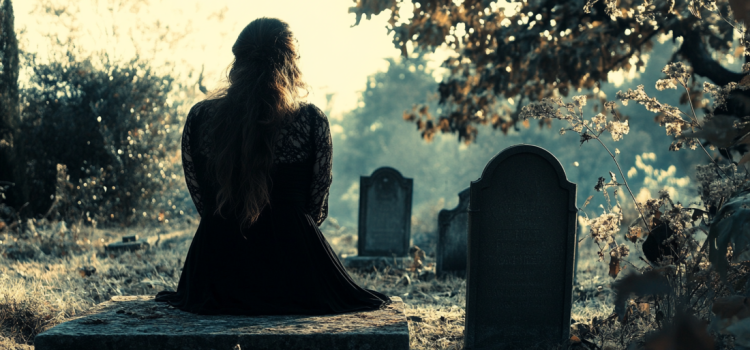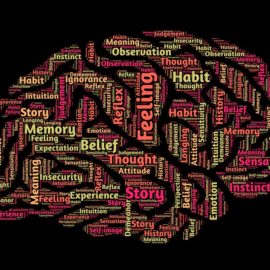
Have you ever wondered how someone copes with losing a spouse to cancer? What if society’s expectations about grief don’t match your actual experience?
In her book Bittersweet, Lotte Bowser shares her emotional journey after her husband Ben’s death from cancer. She explores the profound sorrow, guilt, and isolation while challenging societal misconceptions about grief and highlighting the importance of finding authentic support.
Keep reading to discover how Bowser found her path through overwhelming loss.
Grief After Losing Spouse to Cancer
This section explores Bowser’s deep emotional odyssey in the wake of Ben’s passing. She expresses the profound emotional upheaval, her battle to comprehend the bereavement, and her attempts to manage the engulfing distress. Bowser also critiques the societal misunderstandings related to losing a spouse to cancer and emphasizes the significance of securing genuine support.
Deep Anguish and Pain
Bowser expresses the profound sorrow she experienced, grappling with a mix of shock and a profound void following the passing of Ben. Understanding the world is now an obsolete concept. His disappearance resonates deeply, leaving her utterly lost and shattered. The author openly depicts her grief as an overwhelming power that fractures her feeling of completeness and tests her capacity for resilience.
Profound Distress and Despondency
Bowser delves into her profound sadness, depicting her distress as all-encompassing and influencing her entire existence. Her universe crumbled, leaving her in a state of profound sorrow, due to the absence of someone she once considered irreplaceable in her life. The author expresses her inner turmoil, struggling with the immutable fact that Ben no longer exists among the living, haunted by recollections of his lifeless body, and contends with an intense sense of hopelessness while reflecting on the value of life without him.
Comprehending Death and Dealing with Guilt
Bowser grapples with a profound sense of guilt, meticulously examining her past choices and behaviors during Ben’s illness, propelled by an intense desire to comprehend the circumstances that contributed to the tragedy. Despite their genuine attempts, her loved ones fail to comprehend the depth of her anguish throughout this distressing ordeal. Bowser confronts the common platitudes that surface in times of sorrow, underscoring that they trivialize and overlook the genuine intensity of her anguish. Attempts to diminish her grief by comparing it to other types of loss merely amplified her feelings of isolation and further entrenched her loneliness.
Coping With Grief
Bowser persists in her journey through immense sorrow, seeking different paths to find solace and recovery. She highlights how coping with loss is an individualized journey and rejects societal expectations of a prescribed timeline for recovery. She argues that sorrow should be seen as a normal response to loss that deserves consideration, rather than as a psychological disorder in need of fixing.
Exploring Spiritual and Alternative Healing
Driven by a need for comfort and understanding, Bowser delves into spiritual and alternative healing practices. She constructs a temporary refuge within her residence, partakes in meditative exercises, and pursues wisdom from shamans along with experts in the art of manipulating vital energy. She strictly follows non-traditional healing practices, driven by the belief that her mental state can influence her physical reality, and remains steadfast in her aspiration to manifest a miraculous recovery. Despite her utmost attempts, she is faced with the harsh truth that such methods are incapable of reversing the worsening state of her companion’s condition.
Finding Solace in Shared Experiences
Feeling isolated and misunderstood, Bowser actively seeks out a group of other young widows who understand her grief and can empathize with her feelings of bereavement. Through social media, she establishes relationships with Ellidy and two women, among whom Georgie is included, offering her crucial encouragement and validation. Bowser finds solace in understanding that her deep sadness and the unique challenges she faces as a young widow are shared experiences, not faced alone. The virtual network aids Bowser in confronting the norms associated with mourning, providing genuine support that enables her to acknowledge her sorrow and progress in a manner that suits her timing.






